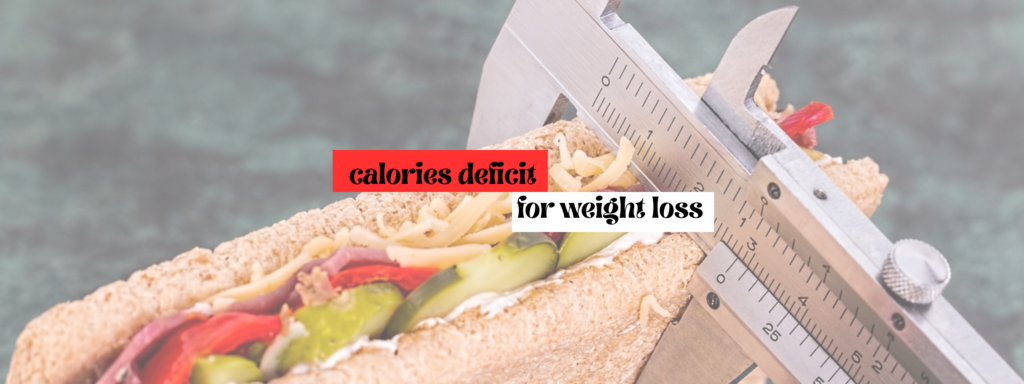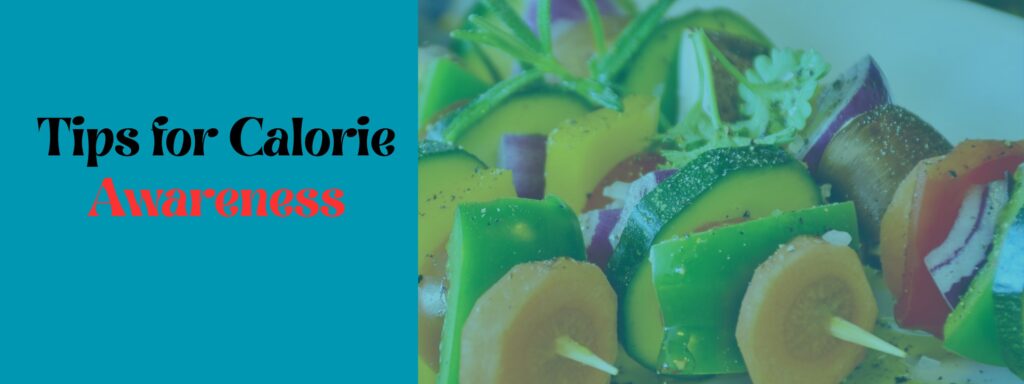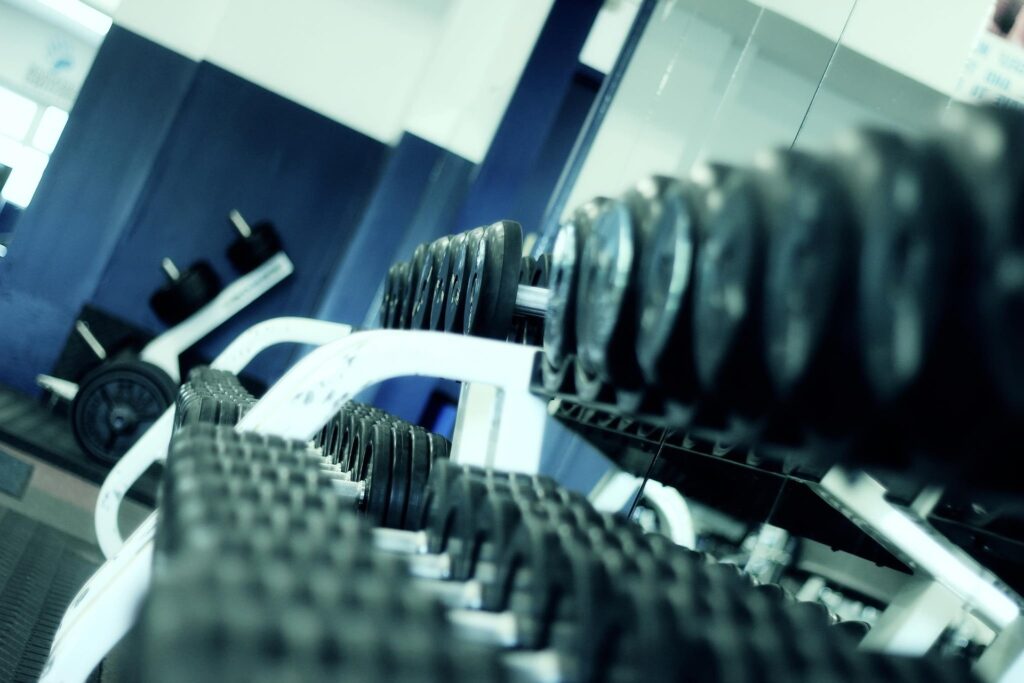We are aware that reducing weight is a diverse, intricate process that involves a number of crucial elements, including regular exercise, calorie deficit, and the function of metabolism.
Genetics and hormones, calorie intake and expenditure, lifestyle, and environment all affect weight reduction. In particular, many are relying on the calorie deficit trend in order to lose weight these days. But maintaining a calorie deficit for weight loss requires careful calculations, and one must be aware of the highs and lows of this strategy. So let us to briefly convey the idea to you!
First, let’s define calories. – Calories are what really important, whether your goal is to gain weight, reduce weight, or discover the ideal balance to stay precisely where you are.
Calories Intake on the Regular Basis
The typical unit of measurement for calories is kcal, or kilocalories. Additionally, it could be expressed in kJ, or kilojoules.
To provide the exact figures:
1] A man needs 2,500 kcal per day on average.
2 ]A lady needs 2,000 kcal per day on average.
Moreover, this amount may vary according on your height, weight, age, and level of exercise.
Calorie Deficit for Weight Loss

To put it simply, a calorie deficit for fat reduction means that a person is consuming less calories than they are burning. These days, an increasing number of people are being affected by the idea and adopting calorie deficit to either maintain or reduce their weight. On the other hand, calorie surplus—a significant possibility for mass gain—occurs when we take in more calories than we expend.
Speaking of numbers, there isn’t a certain amount that should be the emphasis of a calorie deficit for weight loss. But often, maintaining a daily 500-calorie deficit for fat loss will result in about 1 pound of weight loss every week. Additionally, the amount might differ throughout individuals depending on variables like gender,
Strategies to Control Your Calorie Intake

1] Energy balance :-
Weight loss is effectively influenced by energy balance, i.e. the relationship between calorie intake and the calories we burn. One should undertake calorie deficit to lose weight by consuming fewer calories than the body dilates. The calorie deficit for fat loss causes our body to tap into stored fat as the source of energy, leading to weight loss over time.
2 ]Calorie Intake: Quality and Quantity
Evaluating the quality as well as quantity of calories we consume is a crucial factor when it comes to Calorie deficit for weight loss. While it’s essential to concentrate on the overall energy deficit, one should pay proper attention to the nutritional value of the calories, as it is equally important for your overall health. One can choose nutrient-dense foods, such as vegetables, fruits, lean proteins, whole grains, and some healthy fats. These food items can provide necessary minerals, vitamins, and fibre while also being lower in calorie density.
3. Portion Control
Another important aspect of calorie deficit for losing weight is portion control. If consumed in excessive quantities, even healthy foods can contribute to weight gain. Portion control can help, one can moderate their calorie intake and create an energy deficit. Some of the helpful strategies are portion measurements, smaller plates, and being mindful of hunger & fullness, these can help you maintain a balanced calorie consumption.
4. Tracking the Calories Properly
Tracking and monitoring your calories at a regular interval is a great strategy while aiming for calories per day to lose weight. In this modern world where technology has advanced to another level, one can monitor their regular calorie intake with some mobile applications, websites, or even a smartwatch. By keeping track of calorie intake, food choice, and portion size, one can develop eating patterns and make necessary adjustments. It can be a beneficial step in your journey of Calorie deficit for weight loss.
5. Exercise for Balancing Calories
While taking care of calorie intake is important, one should consider exercise or physical activity an equally important factor. It helps with calorie expenditure.
Maintaining a routine for your exercise or even engaging in any kind of physical activity such as sport, is beneficial for overall health and well-being. If you are keen on pursuing calorie deficit for fat loss, then try to go for a combination of cardiovascular activities, strength training, and other activities that can keep you engaged physically.
It is indeed essential to understand the overall concept of metabolism, calorie intake, and their relationship with weight loss. This knowledge can help an individual to make impactful decisions towards their health, like what to eat, how much to eat, and how to properly exercise to reach their weight goals.
Tips for Calorie Awareness

- You can check the calorie information, majorly displayed on the nutrition labels on food packaging.
- Aim to maintain a balanced diet – you can get healthy calories from fruit and vegetables, starchy foods, protein, and unsaturated fats.
- Plan your meals – this can help you manage your calorie intake.
- Try to look for calorie information on restaurant and takeaway menus.
- Remember that the more energy one spends doing an activity, the more calories you’ll use – for example, fast walking uses more calories than walking at a moderate pace.
What is weight exactly?
Your weight, which appears on the scale when you step on it, is a measurement of your entire body mass. That comprises a mixture of water, fat, muscles, skin, and bones. Throughout your life, many aspects of your body weight remain constant, such as your bones (unless you have osteoporosis, which causes your bones to thin), but other aspects change frequently.
Dr. Lawrence Cheskin, M.D., professor of nutrition and food studies at George Mason University, adjunct professor at Johns Hopkins School of Medicine, and author of Weight Loss for Life: The Proven Plan for Success, asserts that “it’s entirely possible to gain three pounds of water weight overnight if you are expecting your period.” It’s not as a result of consuming a pound of
How the body uses energy
Energy is needed by the body to function, and we obtain this energy from food in the form of calories. Calories are, technically speaking, the amount of heat needed to raise a liter of water’s temperature by one degree Celsius. The metabolism is the process that converts that heat into energy.
The body burns calories in three different ways:
Basic metabolic processes include thinking, breathing, sleeping, and moving bodily fluids.
breaking down food
promoting exercise
What your body requires as a measure of energy to stay alive is called your basal metabolic rate, or BMR. According to Amy Hess-Fischl, RDN, a certified diabetes care and education specialist at the University of Chicago, “the bigger you are, the more calories you need.” The precise
Weight loss: How it happens

Studies show that losing body fat lowers blood pressure, improves blood sugar, decreases joint discomfort, and increases mobility. You’ll feel more upbeat and invigorated as well. How then does it occur?
Limiting your calorie intake and burning some of it off through exercise makes your body use up stored energy, which leads to weight loss. It’s not the case that your body will exclusively draw from fat stores initially, despite your wishful thoughts. Since storing glucose requires a significant amount of water, your glycogen stores are depleted first, causing you to lose a lot of water weight as you burn through it.
Early weight loss feels so rapid because of this rapid drop in water weight.
Metabolism: What it is and why it matters
The mechanism that combines oxygen and calories to produce and release energy is called metabolism, and it is the body’s workhorse. Additionally, it is engaged in a plethora of functions, including the contraction of muscles, thought, breathing, food digestion, blood circulation, and waste elimination.
According to science, between 60% and 70% of the calories we metabolize in a day are used for energy required to maintain life, including breathing. The remaining 30 to 40 percent of calories burned are under your control. Because it takes more energy to create and maintain muscle mass, some people burn calories faster than others because they were born with this aptitude. If that isn’t the case for you, though, don’t give up. According to Cheskin, there is a way for you to enhance your


